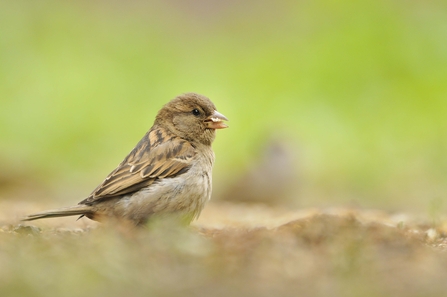The nature clauses of the Bill have yet to be discussed by the full House of Commons, so this is an important moment for MPs to recognise that the climate crisis cannot be solved without also tackling the ecological crisis.
Quick catch up
Last time the Bill was in Parliament, Environment Minister Rebecca Pow opened proceedings with a carry-over motion which delayed the second day of report stage until the next Parliamentary session. This was because the Bill had run out of time in the current parliamentary session and needed to be carried over to ensure progress made was not lost. MPs also debated amendments on environmental governance, the Office for Environmental Protection, waste, air, water and chemicals. No amendments were passed.
Species abundance target
Since then, a lot has changed. Earlier this month Environment Secretary George Eustice unveiled a mass of new environmental policies and projects, many of which set ambitious targets for the Government to meet. Amongst these was a commitment to provide a new legally-binding species abundance target for 2030, which will be put in place through an amendment to the Environment Bill at a later stage. This is exciting news and The Wildlife Trusts hope it delivers on the demands of the State of Nature target campaign we have been campaigning as part of.


